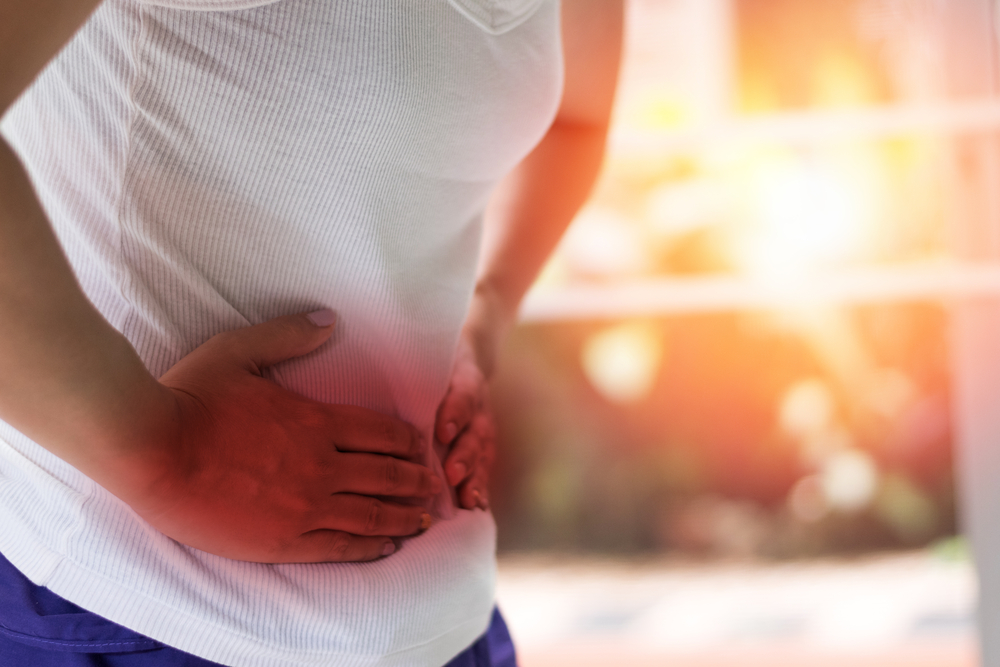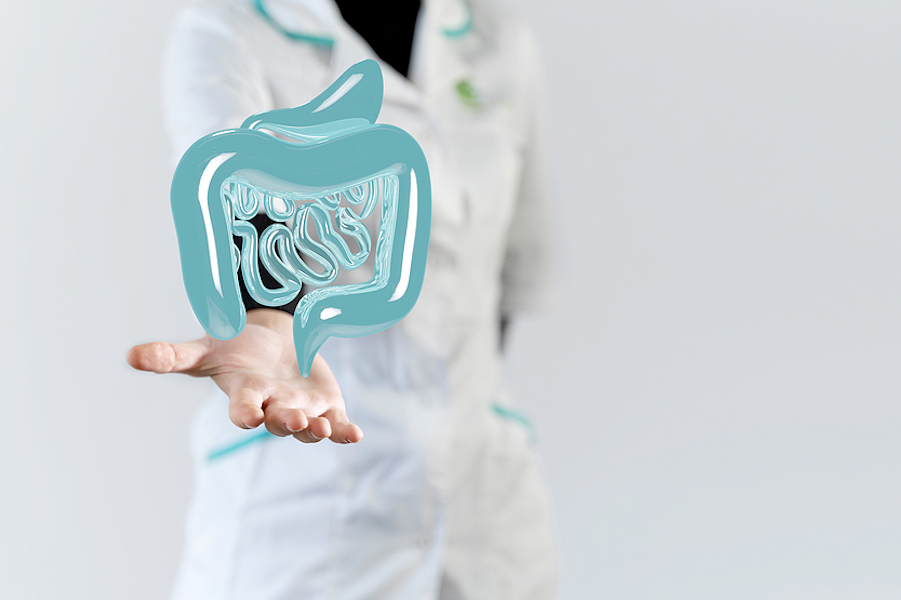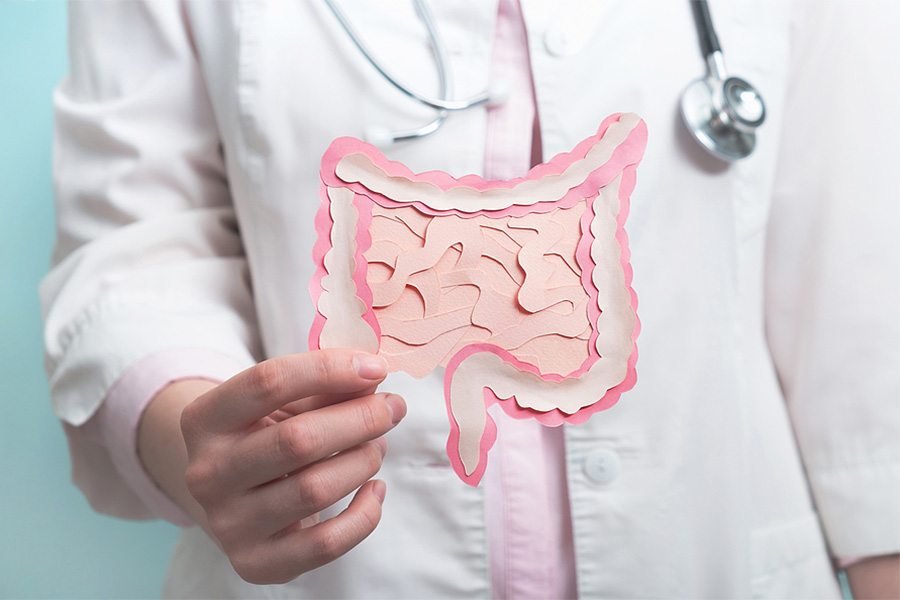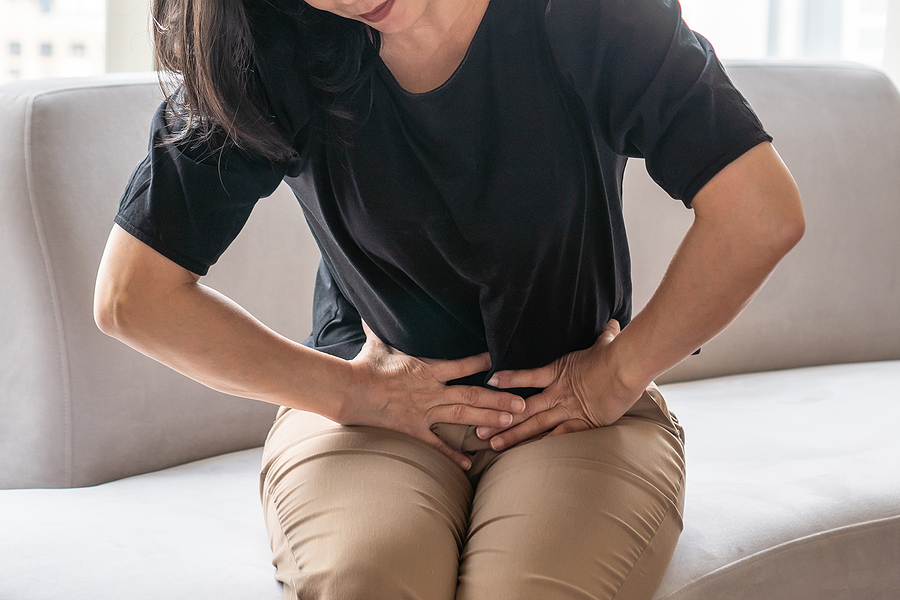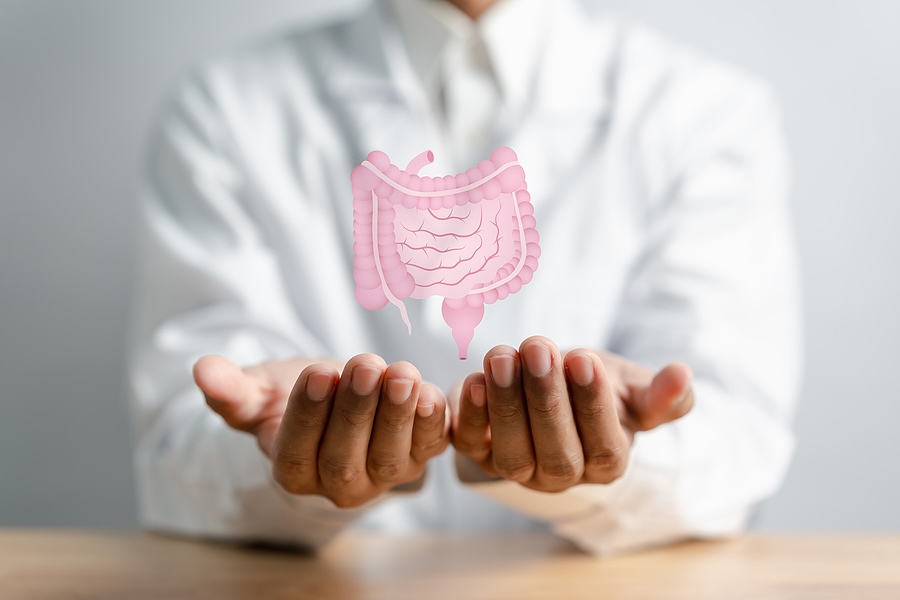I’m sure you know that food is fuel for your body, and the right fuel can make all the difference. But do you know what your digestive system does with that food – and what can go wrong in the process?
The digestive system’s role is to break down food and allow nutrients to be absorbed into the body. Nutrients that are liberated by this process allow the body to grow, heal and function on a day-to-day basis.
Unfortunately, dysbiosis – a disruption in this process – is very common. A wide range of factors, including dietary habits, medications, and emotional wellness, can influence how well the digestive system functions. Most people are affected by at least one, and often several, of these factors. In fact, an estimated two-thirds of women suffer from gastrointestinal problems, which often lead to malabsorption (improper absorption of nutrients).
Why do you need to know about this? So much of your overall health is riding on your body’s ability to absorb nutrients. When something isn’t working right, healing the GI tract and restoring your digestive system to a healthy state with normal functioning is a necessary first step to reaping the benefits of good nutrition. And if you’re making the effort to give your body premium fuel, don’t you want to get the most benefit you can from it?
Let’s take a look at how a healthy digestive system works, and how this delicate process can be disrupted. Awareness is the gateway to improving your digestive health.
The Healthy Digestive System
Digestion begins much earlier than you might think. It starts in the mouth, where the teeth break up food and mix it with saliva. Salivary enzymes initiate the breakdown of food into usable forms, particularly the initial digestion of fat and starch.
The stomach mechanically churns food, breaks up and emulsifies fat, and exposes the molecules to multiple enzymes such as hydrochloric acid and pancreatic juices.
The resulting semi-digested slurry is passed from the stomach to the small intestine, whose membranous surface could cover a football field if stretched flat. The small intestine is filled with billions of bacteria (some three and a half pounds — equal in size and functional importance to a major organ) some friendly, some not. Friendly bacteria promote good health and protect the body from the unfriendly bacteria.
But along the way, a number of factors may go awry. Because the intestinal tract plays a key part in nutrient absorption, any problem there can affect the function of the entire body and our overall health.
Disrupted Digestion and Dysbiosis
Symbiosis means the balance of good to bad bacteria in your system is optimal for good health. When this balance is off, the system is in a state of dysbiosis (a contraction of the term “dys-symbiosis ”). Dysbiosis can result from either a deficiency of good bacteria or an overgrowth of harmful organisms. In either case, organisms that are not usually predominant in the intestines, such as unfriendly bacteria, yeast (Candida) and protozoa, induce disease by altering nutrition patterns in the body.
Dr. Leo Galland, a well-known leader in integrated medicine and a founder of functional medicine, along with many others, myself included, believes that optimal health requires that the intestinal flora maintain a healthy balance between the more than 400 organisms that usually reside there and prevent the overgrowth of any particular one. When this doesn’t happen, you can experience myriad symptoms, such as those below.
Signs and Symptoms of Dysbiosis, Malabsorption and Other GI Problems
- Bloating, belching, burning, flatulence after meals
- A sense of fullness after eating
- Indigestion, diarrhea, constipation
- Systemic reactions after eating
- Nausea or diarrhea after taking supplements
- Rectal itching
- Weak or cracked finger nails
- Dilated capillaries in the cheeks and nose in a non-alcoholic
- Post-adolescent acne or other skin irritations such as rosacea
- Iron deficiency
- Chronic intestinal infections, parasites, yeast, unfriendly bacteria
- Undigested food in the stool
- Greasy stools
- Skin that’s easily bruised
- Fatigue
- Amenorrhea (absence of menstruation)
- Chronic vaginitis (vaginal irritation)
Some authors have speculated that other symptoms, such as impotence, loss of libido, infertility, muscle atrophy, cramps and joint pain, are also linked to malabsorption. A fair amount of research supports this connection.
What Are the Major Causes of Intestinal Dysbiosis?
To maintain the proper balance in your gut, you first need to understand what causes disruption. The ecology of the intestines is a delicate balance that can be thrown off course fairly easily. Here are some of the most common factors that contribute to dysbiosis.
- Stress
- An unhealthy or imbalanced diet, such as those heavy in carbohydrates, fat, or animal products, that lack nutritional supplementation
- Food allergies or sensitivities (but keep in mind that these may in turn be a byproduct of dysbiosis)
- Frequent antibiotic or drug therapy
- A suppressed immune system, which can be the result of many issues, including emotional stress
- Intestinal infections
- Parasite infestation
- Inflammation
It’s important to emphasize that if our intestinal tracts were balanced, infestation would rarely occur — even if we were exposed to parasites — as the immune system would work naturally to keep the parasite population under control and in balance. However, eating spoiled or heavily infested food will make even a healthy system sick.
Like your hormones, the flora in your digestive system are easily prone to upset and disruption by external sources. This is where stress, self-criticism, and anxiety come into play by changing the pH level (the acid/alkaline balance) in your intestines. The intestinal tract is noticeably one of the first areas of the body to react to fear or personal stress (think of the nausea and/or loose-bowel feeling that can accompany stage fright). In a balanced system, once the stress is reduced, the pH straightens out and symptoms may disappear. In a weakened system, such as occurs under unrelenting stress, the intestines stay irritated and contribute to chronic discomfort.
Why Are Women More Prone Than Men to GI Distress?
In the United States and other Western cultures, women are two to three times more likely to seek out medical help for digestive disorders than men. There is still a lot of research to be done on this topic, but preliminary data suggest that ovarian hormones (estrogen and progesterone) influence digestion.
Most of us are familiar with the bloated feeling that may occur around our period. Some of this feeling may be attributed to how slowly our stomach and intestines empty during the last two weeks of the cycle compared to the first two weeks. Research points to the fact that transit time slows significantly during the last two weeks of a woman’s monthly cycle (the luteal phase) with a marked rise in digestive complaints right before a period starts. Post menopausal women often see a similar delay. Based on this information, it appears that a decline in ovarian hormones is strongly linked to a rise in symptoms of GI distress.
Next Steps
Again, awareness is the most important initial step in finding the right balance you’re your system. Once you understand how dysbiosis occurs, you can take action to get the healing process started. And healing your digestive system is one of the simplest ways to see big improvements in your digestive – and overall – health. Here are a few quick tips:
- Address emotional upsets you might be holding on to, and find ways to let them go.
- Find ways to relieve stress every single day – give yourself the time and attention you deserve!
- Eat a balanced diet, and examine foods that may be causing digestive distress, like sugar, gluten, or dairy.
- Take a high-quality multivitamin every day to be sure you’re getting the nutrients you need, and consider adding a probiotic to maintain proper balance among gut flora.
Balance is important in so many aspects of life, and particularly so in your digestive system. Paying attention to what’s happening on the inside can make a huge difference in your health – and in your life!
If you don’t find relief from your symptoms within 30 days, you may want to consult with a functional medicine practitioner for the proper tests. We also suggest you read other articles in our section on digestive health for women.


